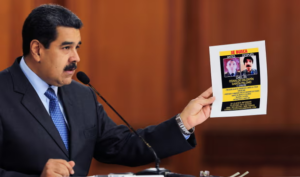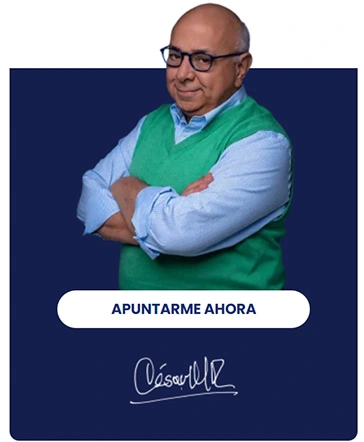A propósito de conmemorarse el 25 de noviembre el «Día Internacional para la Eliminación de la Violencia Contra la Mujer»
Publicado por el diario «The Guardian», en Londres, el 29 de agosto de 2023.
Por: Luke Taylor
Latest Amnesty International report documents ongoing state detention and torture in the South American country – all while its president seeks renewed links with the west
When Emirlendris Benítez suddenly went missing in August 2018, her family feared the worst. So they were incredulous to hear Venezuela’s attorney general announce on television 10 days later that she had been detained on a motorway and arrested for orchestrating a plot to assassinate President Nicolás Maduro with a drone.
The 42-year-old tradeswoman was sentenced to 30 years in prison and remains behind bars in Caracas where Amnesty International says she has been the victim of some of the most egregious human rights abuses.
Benítez says military intelligence officials suffocated her with plastic bags, held her underwater, and beat her so badly she is now in a wheelchair. She was also taken to a medical practice and given a forced abortion.
The only evidence used to convict her, Amnesty says, was that she accompanied her partner while he gave a taxi ride to people later accused of trying to kill Maduro. “She does not belong to any political party or organisation. She is just a hardworking daughter, a mother and a sister,” says her sister, Melania Benítez. “We continue fighting for her release, but it has destroyed us.”

Benítez’s case is one of nine detailed in a new report by Amnesty International showing how the Maduro regime uses arbitrary imprisonment to silence opposition to his authoritarian rule. While trying to negotiate sanctions relief from the US in exchange for holding free and fair elections, Maduro continues to jail innocent people with no political affiliation, the rights group says.
Often those people are friends and family members of political activists. “These arrests are not random. This is a strategy to not just neutralise individual political figures or media profiles but the whole of society,” says Valentina Ballesta, Amnesty International’s researcher for South America.
Venezuela’s economy has collapsed under Maduro, forcing 7.3 million people since 2014 – around a quarter of the country’s population – to flee insecurity, human rights abuses and poverty.
Maduro regularly deploys security forces against his own people. Venezuela’s intelligence service, the Sebin, tortures civilians and carries out extrajudicial killings as part of an orchestrated campaign to terrorise the population, according to the UN. An estimated 300 people are currently behind bars for political causes.

The Amnesty report documents cases such as Javier Tarazona, head of rights NGO Fundaredes. Tarazona, who denounced issues such as child recruitment by armed gangs, was arrested in July 2021 and remains behind bars in the notorious El Helicoide prison. Like many other journalists, trade unionists and activists, he was arrested for being a critic of the Maduro regime, Amnesty says.
Others have far more tenuous links to politics, from giving car rides to activists to being the friend of someone under government suspicion to merely being in the same WhatsApp group as them.
María Auxiliadora Delgado and Juan Carlos Marrufo were detained by military intelligence officers in March 2021. The married couple’s only connection to the crimes they are accused of appears to be that María Auxiliadora is the sister of a retired military officer accused of being involved in an attempt on Maduro’s life, the report says.
Gonzalo Himiob, the vice president of the Venezuelan rights group Foro Penal, said: “Since January 2014 we have registered 15,803 arbitrary arrests for political reasons. Of these individuals, 9,440 remain subject to arbitrary criminal proceedings, including for political reasons, under precautionary measures other than pre-trial detention, and to date 282 remain arbitrarily deprived of their liberty.
“The only possible conclusion is that the exercise of democratic freedoms and civil and political rights in Venezuela is seriously compromised.”
After years of being an international pariah for his sham elections and human rights abuses, Maduro is rebuilding diplomatic relationships with the west. He is now trying to negotiate the lifting of economic sanctions imposed by the US, promising to hold free and fair elections in 2024.
International rights groups and analysts are sceptical that Maduro, who is increasingly unpopular, will give the opposition a fair shot at beating him. Amnesty’s Ballesta said Maduro should be made to end his policy of arbitrary arrest before he is given any seat at the negotiating table.
“When there is one actor with unlimited power to detain people, it is hard to think that free and fair elections can happen,” she says.














